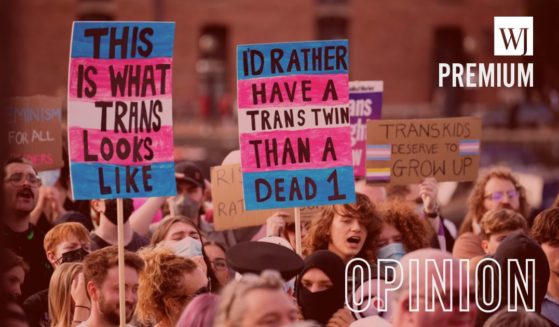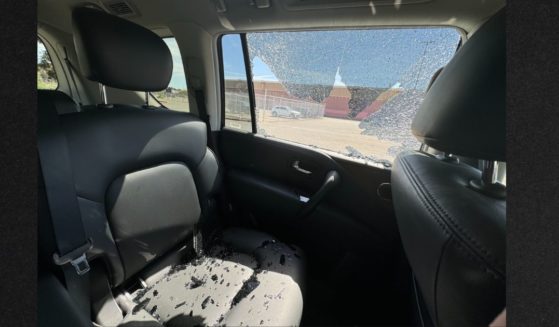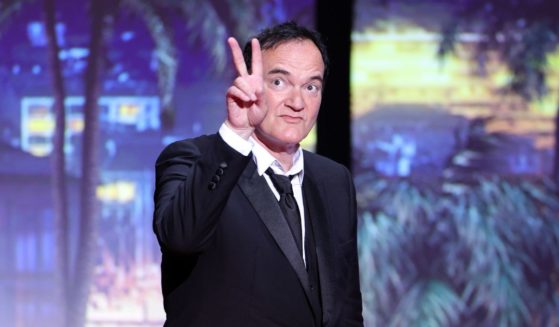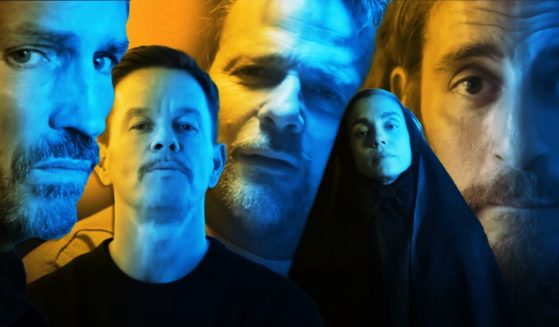Days Before Easter, California County Makes Going to Church a Crime
With the coronavirus pandemic burning its way across the globe, Christians everywhere are looking forward to Easter — a celebration of life, the faith and the resurrection of Jesus Christ.
For worshipers in California’s San Bernardino County, however, the very act of going to church is now a crime.
According to an April 7 order from the county’s health officer, even drive-up services are now considered a forbidden way to worship.
“This guidance does allow faith based services that are provided through streaming or other technology,” the order reads, “while individuals remain in their homes, but does not allow individuals to leave their homes for driving parades or drive-up services, or for picking up non-essential items.”
“Violation of or failure to comply with this Order is a crime punishable by fine, imprisonment, or both.”
As you can see, California isn’t a total nanny state — government officials have magnanimously allowed pastors to stream services to their congregations.
The shockingly restrictive order comes less than a week before Easter, when even people who don’t regularly attend church file into places of worship.
While the order also requires those venturing outside to wear face coverings and practice social distancing, there is no allowance made for churches that can ensure all their worshipers obey these rules.
The rules don’t explicitly ban religious services, but for the technologically challenged and those without internet access, chances are slim that they’ll be able to celebrate Easter with their church without outside help.
It’s unclear if the order would classify that help as non-essential and therefore forbidden during the pandemic.
The crackdown on religious freedom is happening not only in the golden utopia of California, but in many other parts of the country, as well.
One pastor in Baltimore found himself at the center of a police visit in March for seemingly violating a similar health order.
Officers responding questioned the church leader on whether or not he knew about the order, a scene that the Baltimore pastor described as looking “like a police raid on a drug deal.”
Although that service ended shortly after police arrived, the pastor vowed the worship sessions would continue.
A preacher violating a similar order in Florida was not so lucky.
Tampa pastor Rodney Howard-Browne was arrested last month after violating a state order on gatherings of over 10 people, a move that came after officials slammed his ongoing religious services as “reckless disregard for human life.”
The church leader is now appealing to the statutes of man, and vowed the county sheriff would “get a lesson on the Constitution and discriminatory application of the law.”
The government is now proving that our religious freedoms, though enshrined in the first article of the Constitution, are only an official’s signature away from being trampled over.
Truth and Accuracy
We are committed to truth and accuracy in all of our journalism. Read our editorial standards.












